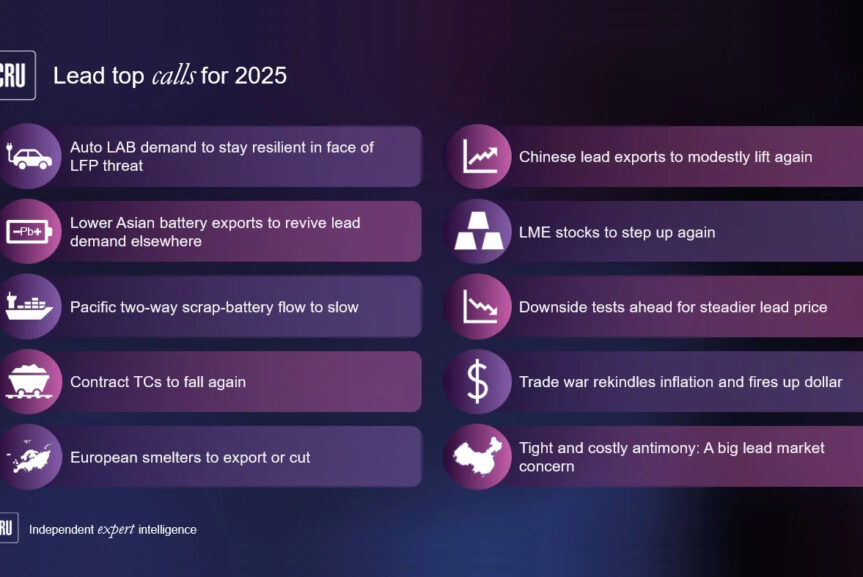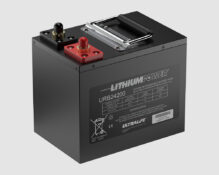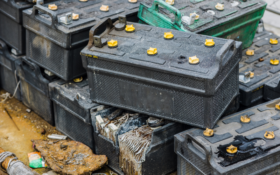EUROBAT, together with the European, Japanese and Korean car industry associations (ACEA – JAMA – KAMA) and the International Lead Association (ILA) are all pushing for another extension of the exemption for lead batteries from the End of Life Vehicles (ELV) Directive— to 2023.
The Directive by the European Union (EU) aims to eventually ban lead in new cars but lead has been exempted till next year. The industry groups requested in a formal submission to EU regulators that the current exemption for lead-based batteries within the ELV Directive’s wider ban on lead in light-duty vehicles is maintained for at least another eight years.
The automotive industry groups back their submission with recent studies that show the technical benefits of lead-based batteries and their sustainability, which includes a 99% recycling rate in Europe and the general availability of the natural resources used to make up the battery.
The study A Review of Battery Technologies for Automotive Applications” concluded that lead-based batteries will remain the only viable mass market energy storage system in automotive applications for the foreseeable future.
ILA managing director Andy Bush said: “The technical attributes of lead-based batteries, coupled with their excellent recycling rate, means that it is vital that the EU End of Life Vehicle Directive continues to allow the automotive industry to use of this type of battery.”
The EU regulators concluded the public consultation phase of the review of the ELV Directive this week.
EUROBAT president Johannes Dempwolff told BEST at European Lead Battery Conference in Edinburgh in September 2014 that the extension period would probably be less than five years.












